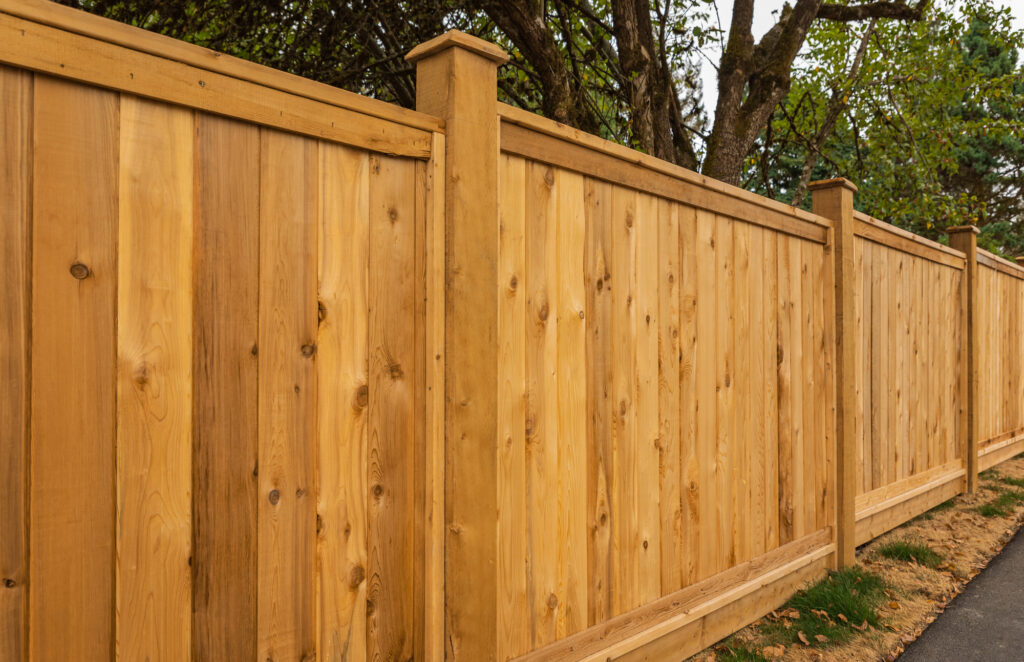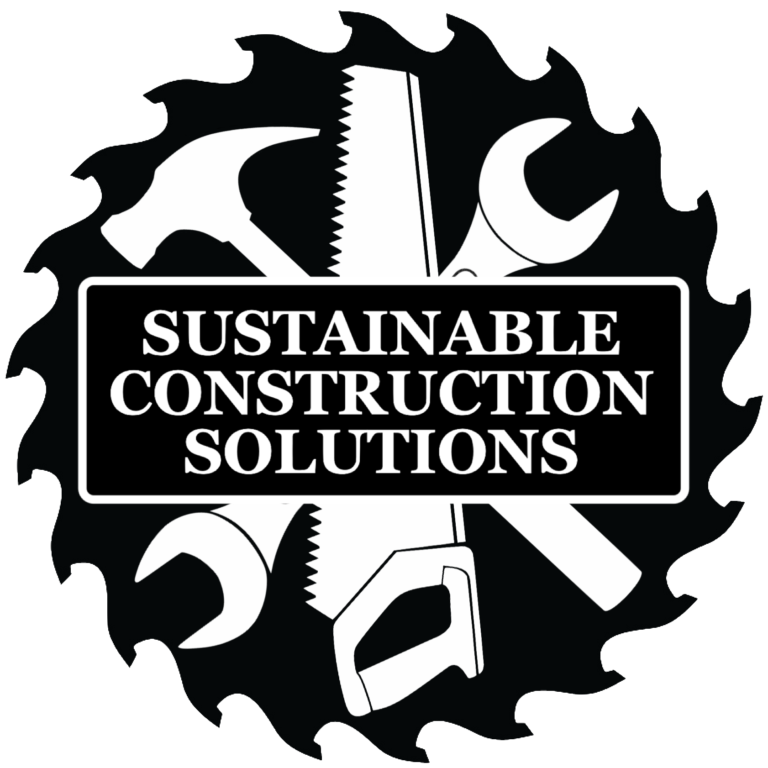
Imagine you’re hosting the ultimate backyard barbecue. The grill is sizzling, your friends are chatting, and the kids are playing happily on the lawn.
Suddenly, you notice the gap in your old fence that’s been bugging you for ages. You think, “It’s time for an upgrade!” But then you’re faced with a tough decision: horizontal or vertical fencing?
We can help. Let’s review what you need to know about getting a horizontal vs vertical fence.
Horizontal Fence Pros and Cons
One of the primary reasons homeowners choose horizontal fences is their sleek, contemporary look. The horizontal lines provide a modern, upscale appearance that can boost the overall look of your property.
Due to the increased complexity and the need for more materials and support, horizontal fences can be more expensive than their vertical counterparts. This higher cost includes both materials and labor. You’ll want to bring in home fence design professionals to get the job done right.
Horizontal fences offer a high degree of customization. You can vary the width and spacing of the boards, incorporate different materials, and even add decorative elements to create your own personalized fence design.
Vertical Fence Pros and Cons
You might also consider vertical fences. Vertical fences have a classic, timeless appeal that works well with many different home design styles. This traditional look can enhance the charm and curb appeal of your property, making it a popular choice for many homeowners.
Due to simpler construction and fewer structural requirements, vertical fences are typically less expensive to build and maintain. This can be a major advantage for budget-conscious homeowners.
Solid vertical fences can act as barriers to wind, which can increase the risk of wind damage, especially in areas prone to strong winds. Unlike horizontal fences, vertical fences don’t allow wind to pass through as easily, putting more pressure on the structure during windy conditions.
Choosing A Fence: Pros and Cons
When deciding between a horizontal and vertical fence, several factors come into play that can influence your choice.
Both horizontal and vertical fences can offer privacy, but horizontal fences often provide a more seamless and modern look. Vertical fences, on the other hand, are typically better for security as they are harder to climb.
Horizontal fences may require more frequent maintenance to prevent sagging and warping, especially if not properly supported. Vertical fences are more durable and less prone to such issues, requiring less ongoing maintenance.
Assess the weather conditions in your area. In regions with high winds, a horizontal fence might be more suitable. A vertical fence might provide the desired security and aesthetic in areas with less wind concern. You can also ask professionals what they recommend for your specific needs, including other factors such as fence material.
Horizontal vs Vertical Fence: Decide Today
There’s a lot to consider when selecting a horizontal or vertical fence. Hopefully, you now have enough information to decide on your home design needs.
Are you looking for reliable fencing providers near you? Sustainable Construction Solutions is the number one fencing company in Portland and Vancouver.
Contact us for a free estimate today.
